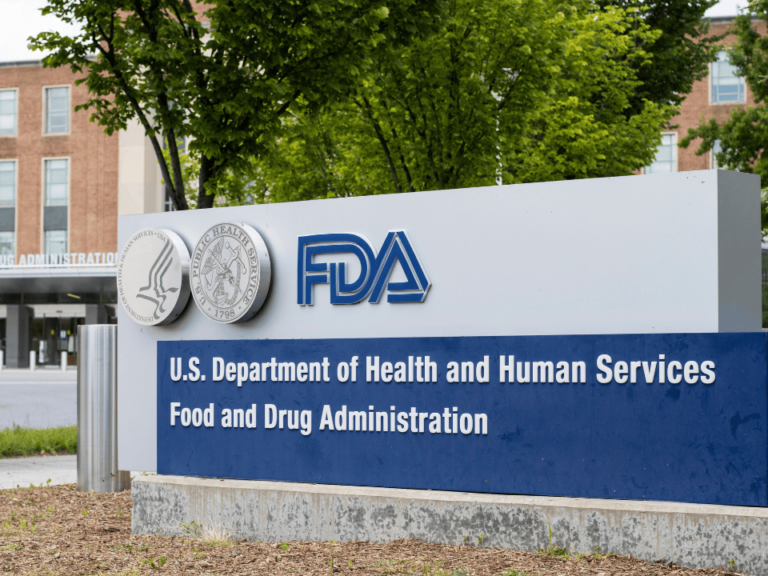In a letter addressed to FDA Commissioner Robert Califf, Republican leaders of the House Committee on Energy and Commerce and two of its subcommittees raised questions about the increasing number of clinical trials conducted in China by companies seeking FDA approval for “me-too” checkpoint inhibitor drugs.
To access this subscriber-only content please log in or subscribe.
If your institution has a site license, log in with IP-login or register for a sponsored account.*
*Not all site licenses are enrolled in sponsored accounts.
Login Subscribe
If your institution has a site license, log in with IP-login or register for a sponsored account.*
*Not all site licenses are enrolled in sponsored accounts.
Login Subscribe









